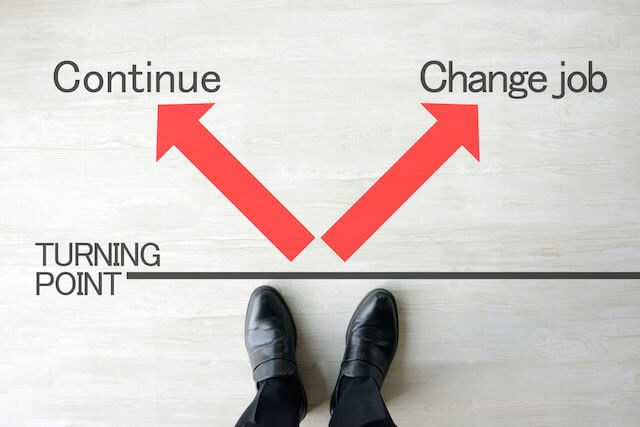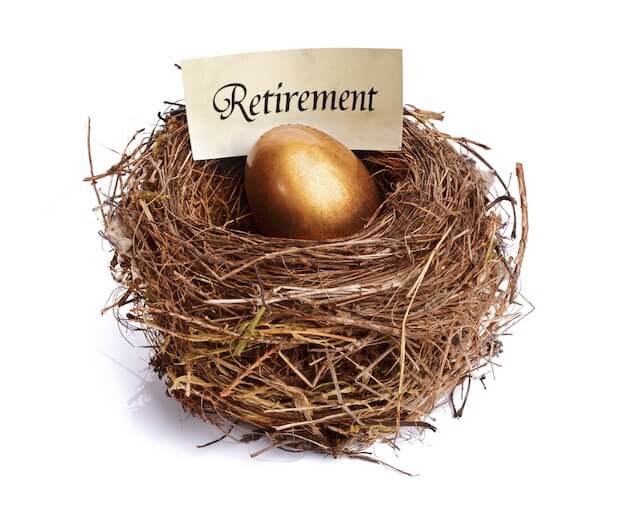Recently a discussion ensued as to the pros and cons of someone staying at their federal job. The main reason presented for leaving was a higher salary outside of federal service.
While initially this can seem attractive, the higher wage may not have the higher benefits associated with a federal position. In the end quality of life may win out, whether that be inside or outside the federal government, depending on your circumstances.
Let’s examine some of these federal benefits and compare them with a potential private industry position.
Why a Federal Job Is Attractive
Pension
Let’s face it, most folks do not, let’s repeat this, do not have a pension nowadays. Pensions have gone by the wayside. Often when you ask others if they have a pension they will say, “Yes, I have a 401k” which is obviously not a pension. It is a retirement savings account.
With your federal job you do have a pension, although it may be modest by some standards. Nonetheless, it is at least 1% of your high-3 average salary for every year of service to the government. It bears pointing out that if you were hired before 2013, your pension comes with a modest price tag. In fact, your entire benefits package is a meager .8% of your pay, less than 1%.
In conclusion, rejoice that you have a pension, and especially if you were hired before 2013.
Thrift Savings Plan
Perhaps the new non-federal position you’re considering comes with a 401k, and it may match more than 5% of your pay. Nonetheless, we should point out that the TSP is a very low cost and efficient way to grow your retirement savings in addition to your pension. It presents a straightforward way of investing with just 5 major funds.
For growth, most select the C Fund (the S&P 500 fund) and perhaps the S Fund (the US Complete Stock Market Index, excluding the S&P 500; think small and mid cap). For safety most use the G Fund.
Make sure that the new job offer privately matches at least 5% at 100% dollar for dollar to match what the TSP provides or that the new employer has a seriously attractive stock option plan where they may allow you to purchase at deep discounts along the path of this new career outside of the fed.
Paid Holidays/Annual Leave
If we are being honest, there are a number of paid days off that many private industry employees do not receive. No, we are not talking about the 6 major holidays, but the other special Mondays and June 19th.
There is MLK Day in January, Presidents Day in February, Juneteenth, Indigenous Peoples’ Day/Columbus Day in October, and finally Veterans Day on November 11th. You might not think that’s a big benefit, but it is 5 additional paid days off that often are matched with an Annual Leave (vacation day) to make a long weekend even longer for a trip away or some down time.
We must address in nearly the same breath that once a federal employee reaches 15 years of service (oh, and by the way, even if you have not bought back your active duty military time, they will still credit this into your service) you earn one paid day of vacation (8 hours) of annual leave for every 2 weeks or pay period of employment. That is over 5 weeks of paid vacation annually, excluding the extra 5 days mentioned in the previous paragraph. That is 6 weeks of paid vacation. The only ones I know of that earn that much vacation time are some Europeans, so congratulations! Did we mention that we are not even counting the 6 major holidays?
When assessing this new private job, make sure it has a healthy paid vacation package because your federal job sure does!
FEHB Health Insurance
Most privately held jobs that federal professionals are considering come with health insurance that may be fully or at least partially paid for by your employer. The difference is that when retiring, typically that shared cost the employer pays for may be forfeited.
More often than not the health insurance from a private company cancels when you resign or retire, or the entire premium is left for you to pay. If you plan to retire before age 65 (the first opportunity to get Medicare Part B) then your FEHB insurance is often a real plus.
It is true the government only pays 2/3 of the premium and you pay 1/3 as the employee which can be sizable these days, but again it does carry into retirement until your death if you so choose.
You can keep your FEHB for life and the premiums do not increase with age. This is generally not the case with privately held positions of employment. What’s more is that the FEHB, if kept into retirement, allows you to decline Medicare Part B if you choose to forego this benefit, and it’s premium. That’s right, you are reading this correctly; you may decline Medicare Part B, but only if you keep paying for your FEHB, and again costs for FEHB stay the same in retirement as when working.
Regular Inflation Increases and Pay & Step Increases: COLAs in Retirement
You have regular inflationary pay increases as a federal employee. Perhaps this is because there are about 2 million active federal employees, so your voice often gets heard.
Also consider that if you are a General Schedule (GS) employee you get automatic step increases of 3% at regular intervals until you reach step 10, although it takes 20 years to get thru all 10 steps, but it does compound and build momentum in the tail end of your career.
Let’s not forget that when you retire, your pension will increase as well. The FERS retiree’s cost-of-living-adjustments are based on the CPI-W, and if it is less than 2%, you will get that entire increase in your pension check. If it runs higher than 3%, they subtract 1%, but you will receive these regular increases annually when retired, averaging roughly 2%.
Other Benefits
Of course there are other benefits that are certainly beneficial such as sick leave, Basic FEGLI group life insurance, and Flexible Spending Accounts (FSA). We can not mention them all, but know this; if you are considering leaving your federal position for private industry, examine everything. Make your decision knowing all the facts as an informed decision is no doubt a more wise one.
Happy hunting!





